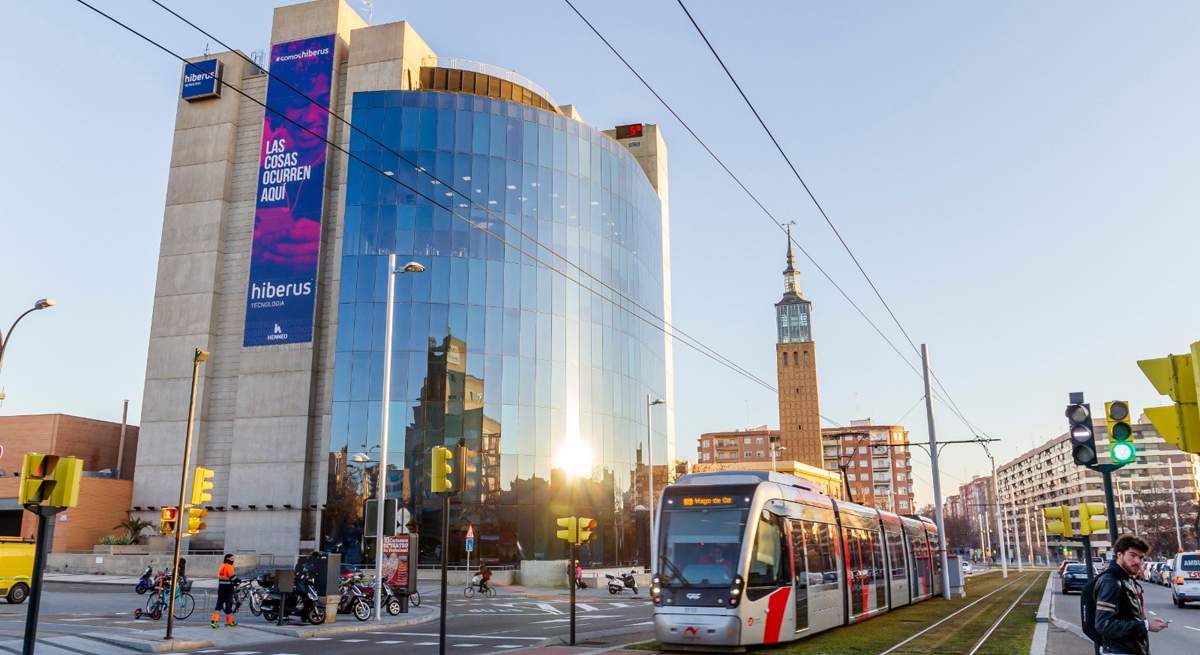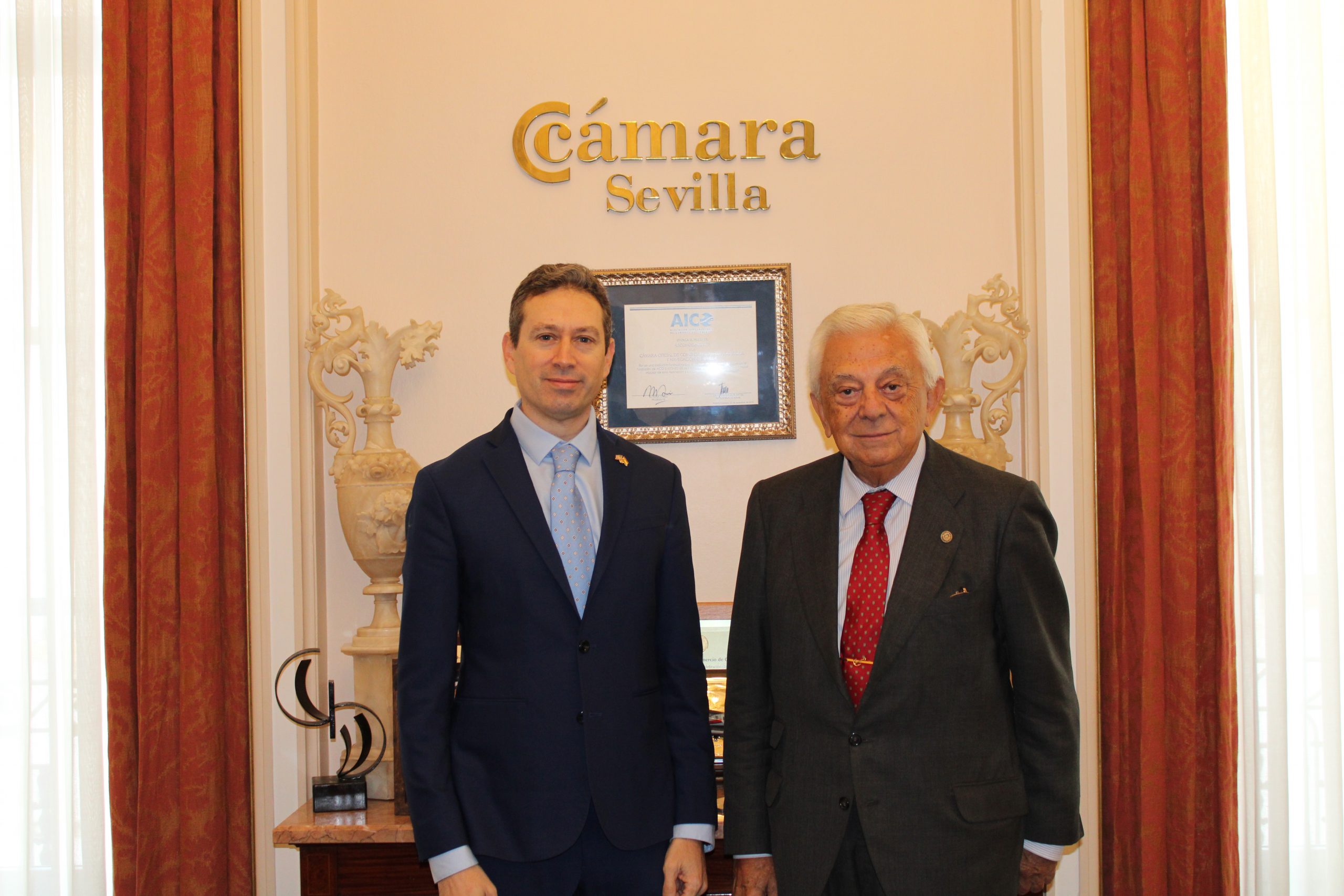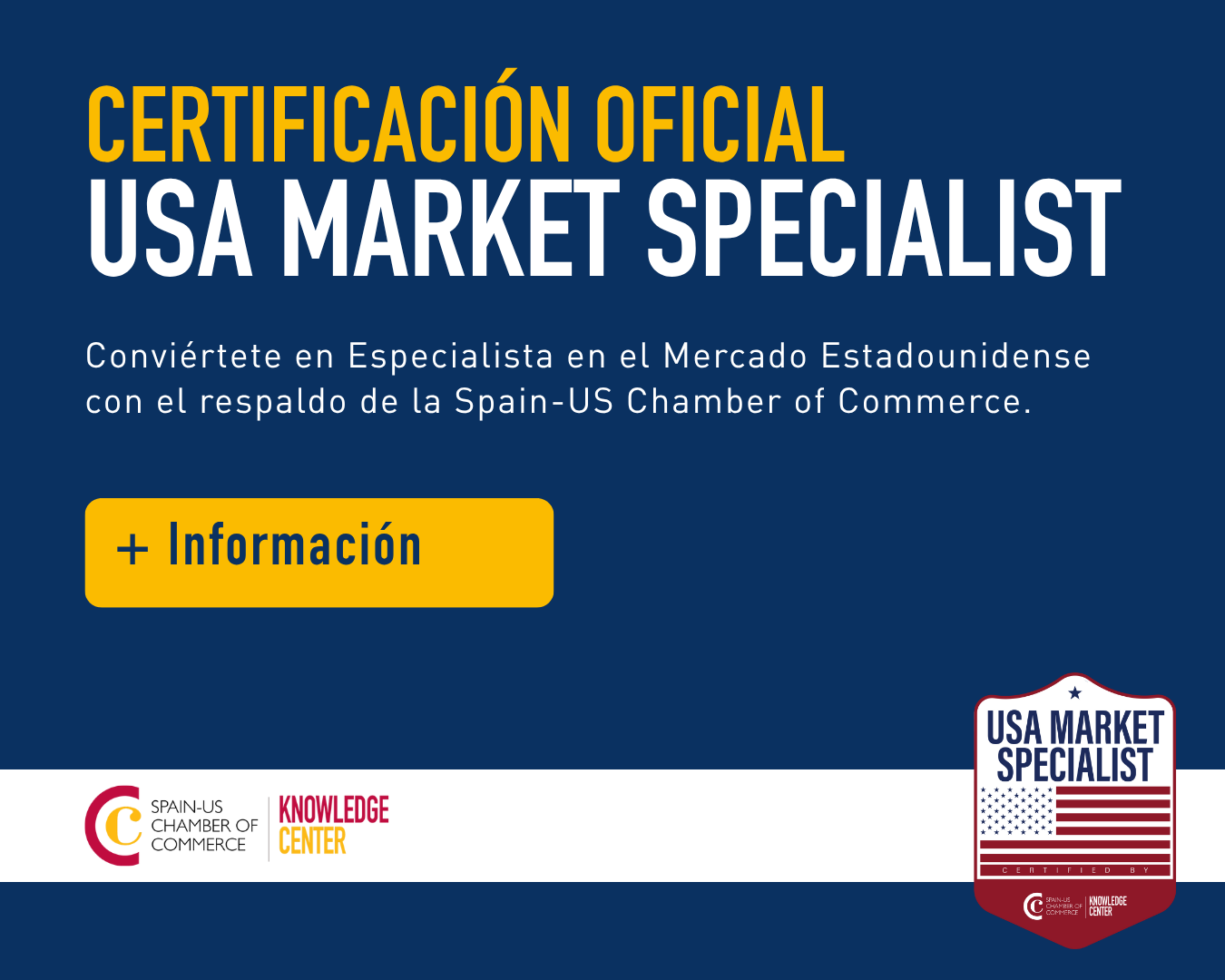Miami, September 17, 2025. The Real Estate Forum 2025, organized by the Spain-U.S. Chamber of Commerce, was held today at the Pérez Art Museum Miami (PAMM), bringing together more than 120 real estate leaders from Florida and across the United States to discuss trends, challenges, and opportunities in the market, particularly in office, retail, residential, multifamily, and hospitality sectors.
The forum opened with a conversation between Mónica Vázquez (Country Head, ABANCA USA and President of the Spain-U.S. Chamber of Commerce) and Jon Paul Pérez (President & CEO, Related Group), who highlighted Florida’s rise as a leading destination for real estate investment, particularly international. They emphasized the appeal of lower-density coastal areas while warning that tariffs create uncertainty for investors and developers. Pérez added that Related continues to expand across multiple fronts, with projects ranging from luxury condominiums and rentals to retail, offices, hotels, dining, and international initiatives.
This was followed by the first panel, “The Next Chapter for Urban Assets: Office & Retail Reimagined”, featuring Arturo Vinueza (Vice President Investments, Azora Private Solutions), Juan Acero-Riesgo (COO, Masaveu), Claudio Zichy (Co-Founder & Managing Director, Independencia Asset Management), Pere Francino (President & Co-Founder, Cityvitae), and José Antonio Pérez (Managing Director USA, Agave Holdings, LLC), and moderated by Teresa Blanca (Founder, Chairman & CEO, Blanca Commercial Real Estate). Panelists agreed that Miami is experiencing a sharp rebound in office demand—with rents doubling over the past four years and growing interest from New York tenants and multinationals—while boutique projects in areas such as Coconut Grove, Coral Gables, and Brickell are gaining traction. Blanca underscored the need for developers to plan ahead for licensing processes, as approvals can be lengthy. Pere Francino highlighted how offices must adapt to new trends, such as the booming electric vehicle (EV) charger market, fueled by battery adoption and ongoing infrastructure expansion. He noted that while 530,000 charging stations are projected in the coming years, “today we have reached barely 10% of that goal, so there is still a long way to go.”
The second panel, “The New Residential Model: Urban Pressure Versus Investor Appetite”, moderated by Manny de Zárraga (Executive Managing Director, JLL), brought together Alan Ojeda (Owner & CEO, Rilea Group), Eduardo Otaola (Principal, Constellation Group), Íñigo Ardid (Co-President, Key International), and María Luisa Alcocer (Head of Strategy & Corporate Development, Azora America). The discussion focused on meeting the growing demand for affordable housing amid high development costs and rising interest rates, strategies to raise capital in an uncertain market, and identifying sectors with the best risk-return profile in Miami compared to Spain. Alan Ojeda stressed that the future depends on creating affordable communities well connected by public transportation—an essential factor for Miami’s urban growth. Panelists also agreed that this challenge must be paired with adopting advanced
technological solutions and sustainable practices, including smart building certifications and the use of artificial intelligence to optimize residential property management.
The third panel, “Structuring and Financing Real Estate Projects”, featured Margarita Sánchez Lloría (Chief Credit Relationships Officer, ABANCA USA), Daniel Matz (Senior Managing Director, Newmark), and Natalie Castillo (Managing Director, Berkadia), moderated by Alejandro Arrieta (Principal, The Estates Company). Experts noted that although the current environment is shaped by higher interest rates—which reduce the present value of cash flows and discourage investment—and rising insurance premiums—which increase operating costs and erode profitability—South Florida still offers plenty of debt and preferred equity for strong projects. They emphasized that relationship lending remains the focus for local and regional banks, particularly in hospitality financing, while institutional and fund lenders take a more transactional approach, accepting higher leverage at a premium. Panelists also highlighted the dynamism of Brickell and West Palm Beach, along with growth opportunities in secondary markets such as Lake Worth, Delray, and Pompano, stressing that flexibility and long-term relationships between lenders and investors are critical to navigating today’s market.
The forum concluded with the panel “Hospitality Reimagined: Innovation, Investment and Guest Experience”, featuring Andro Nodarse-León (Founder & CEO, Liongrove LLC), Maile Aguila (Senior Vice President of Residential Sales, Swire Properties Inc. USA), and Susan Gale (Executive Director, One Sotheby’s International Realty), moderated by Alejandro Navia (Chief Commercial Officer, Driftwood). Nodarse-León emphasized how technology enables more efficient processes and better risk management. Aguila highlighted how projects like Brickell City Centre transformed the urban landscape and announced the success of the Mandarin Oriental Residences in Brickell. Gale shared that boutique hotels in South Beach face higher insurance and tax costs, significantly altering profitability compared to pre-pandemic levels, while noting that today, 70% of deals are all cash with prices down about 20%. Panelists agreed that the future of hospitality lies in connecting with experiences, wellness, and personalized services that deliver added value to clients.
The overall takeaway from the forum was that Miami is “the place to be”—an increasingly attractive destination for international clients who not only invest but also choose to live in the city. While interest rates, insurance costs, tariffs, and global uncertainty present challenges, participants agreed that the United States remains a safe bet for real estate, thanks to the strength of its market, its consistent value appreciation, and its role as an alternative to global financial volatility.
“The Real Estate Forum 2025 aims to become a benchmark platform for the real estate industry, not only in Florida but across the United States. Our goal is to bring together the industry’s decision-makers every year, offering a space for debate from different perspectives and with a comprehensive vision of the market,” said Juan Carlos Pereira, CEO of the Spain-U.S. Chamber of Commerce.
The Real Estate Forum 2025 was presented by ABANCA as Presenting Sponsor, with the support of SDV & Partners and Emotion Investing as Silver Sponsors.
- The Official Chamber of Commerce of Spain in the United States is a recognized nonprofit organization aimed at enhancing business and commercial ties between Spain and the United States. Founded in 1980 and located in Miami, this Chamber is of considerable importance due to its strategic location, multicultural component, and excellent communication network. Miami is the perfect city to target both the American and Latin American markets.
- https://spainuschamber.com/




